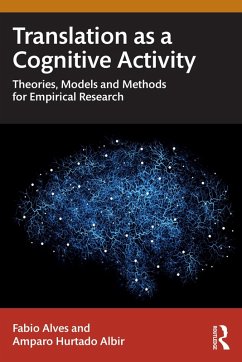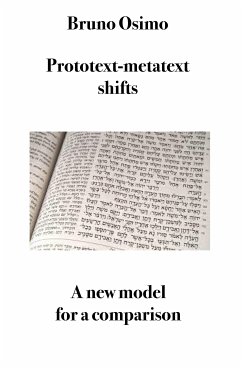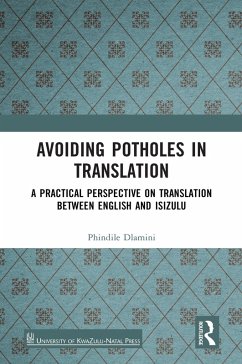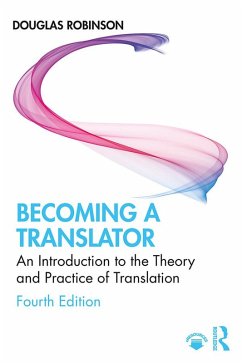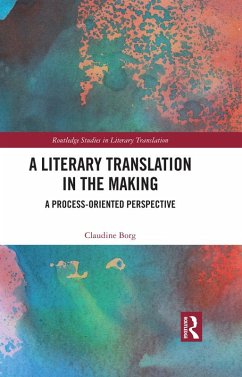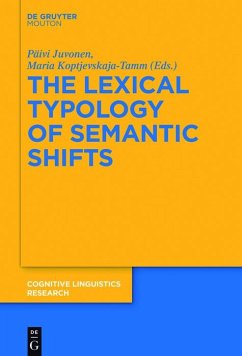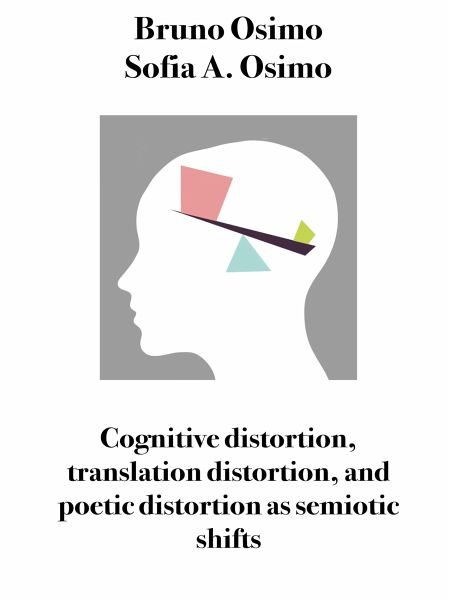
Cognitive distortion, translation distortion, and poetic distortion as semiotic shifts (eBook, ePUB)

PAYBACK Punkte
1 °P sammeln!
Both interlingual translation shifts and poetic production can be seen in a semiotic perspective in terms of mental filtering. The shared ground of the three processes - cognition translation versification - is to be found in a semiotic perspective: signs (prototext, reality, perception) are interpreted and worked through (mind, interpretants, cognition) and give as an output an object (metatext, poem, worldview). By trying to classify the shifts resulting from such processes - distortions - with a semiotically shared grid of categories, the hypothesis is that the categories themselves - alrea...
Both interlingual translation shifts and poetic production can be seen in a semiotic perspective in terms of mental filtering. The shared ground of the three processes - cognition translation versification - is to be found in a semiotic perspective: signs (prototext, reality, perception) are interpreted and worked through (mind, interpretants, cognition) and give as an output an object (metatext, poem, worldview). By trying to classify the shifts resulting from such processes - distortions - with a semiotically shared grid of categories, the hypothesis is that the categories themselves - already existing within the separate fields - can be reciprocally fine-tuned. The very notion of "shift" - derived from translation criticism, and in particular from the prototext-metatext comparison - becomes in this hypothesis a connection transforming the shifts possible in the other mentioned fields into mutual benchmarks.
Dieser Download kann aus rechtlichen Gründen nur mit Rechnungsadresse in A, B, BG, CY, CZ, D, DK, EW, E, FIN, F, GR, HR, H, IRL, I, LT, L, LR, M, NL, PL, P, R, S, SLO, SK ausgeliefert werden.




